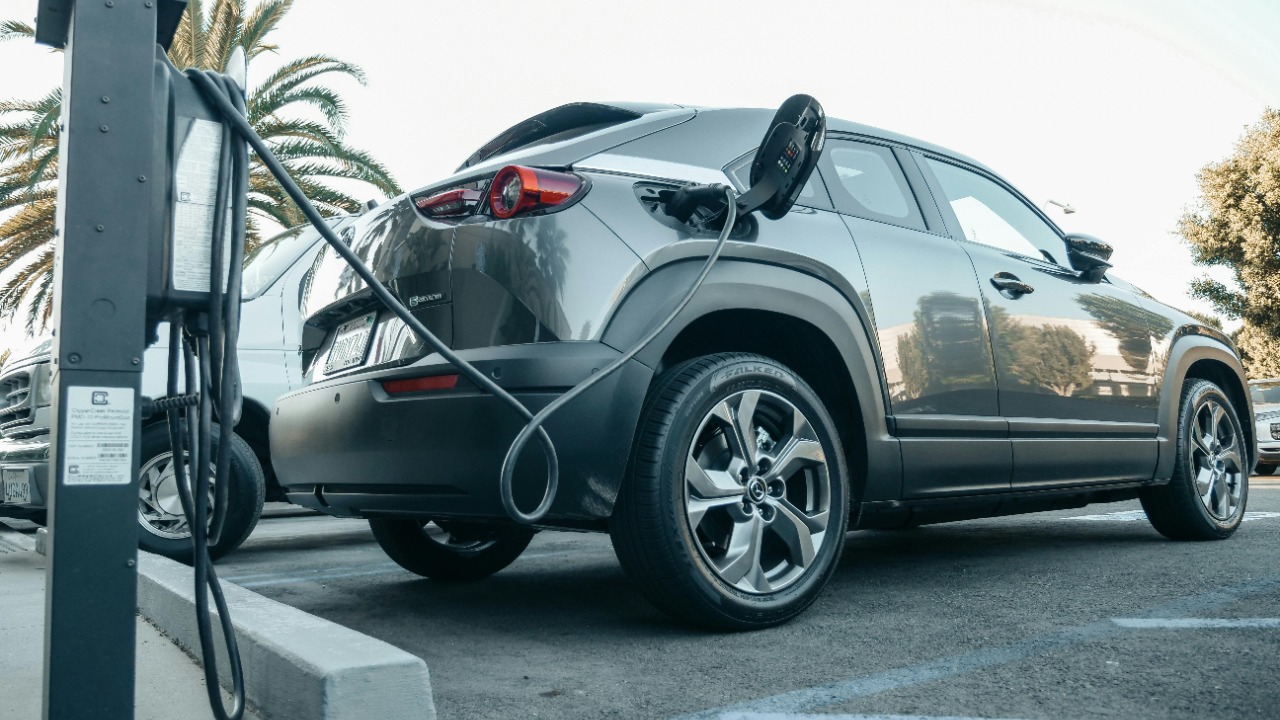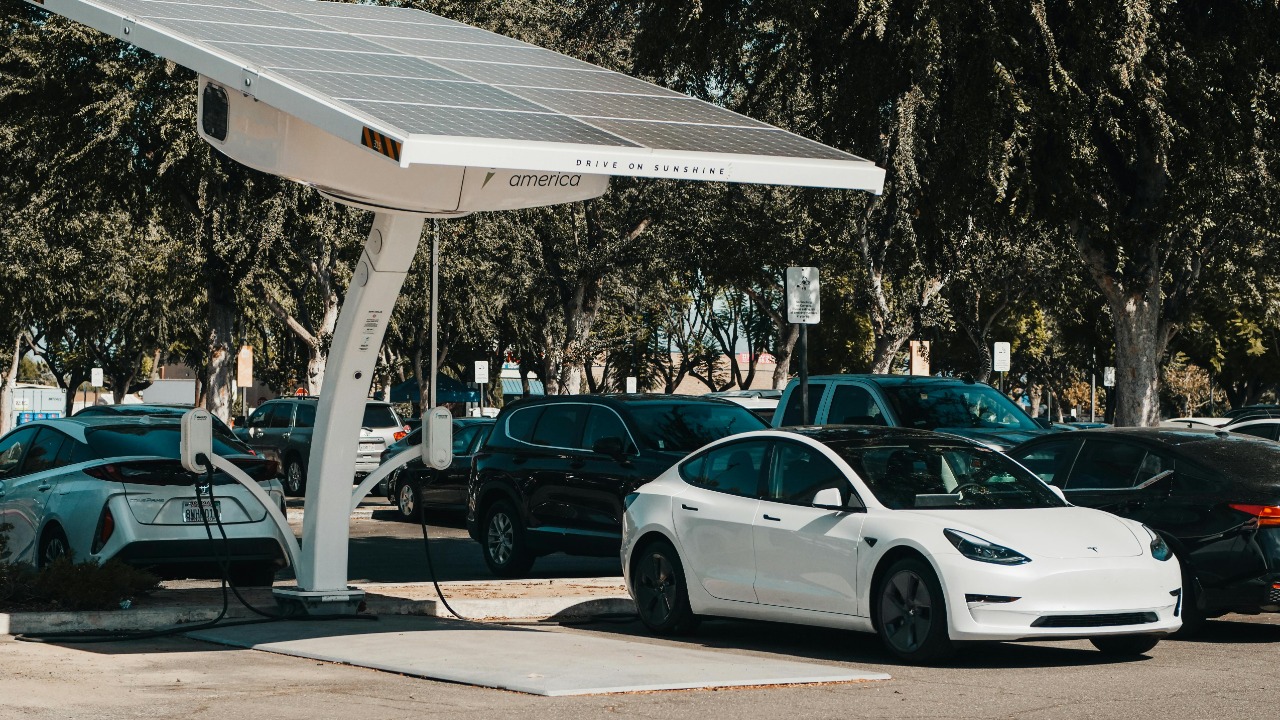
As the adoption of electric vehicles (EVs) accelerates, governments worldwide are implementing new laws to regulate this growing sector. While some of these regulations aim to promote sustainability and safety, others can impose burdens on drivers. Here are six new EV laws that may negatively impact drivers.
Increased Registration Fees

Many states have introduced higher registration fees for EVs compared to traditional vehicles. This measure is aimed at compensating for the loss of fuel tax revenue, which traditionally funds road maintenance. However, these increased fees can be a financial burden for EV owners, potentially discouraging the switch to greener transportation. While the intention is to level the playing field, the result can be an increased financial outlay for those attempting to adopt more environmentally friendly vehicles.
Higher Road Usage Taxes

Some regions are implementing road usage taxes specifically targeting EVs. These taxes are designed to ensure that EV drivers contribute to infrastructure costs, as they do not pay traditional fuel taxes. While the goal is to maintain road quality, this can deter potential buyers who are weighing the long-term cost benefits of owning an electric vehicle. Drivers may find themselves paying more than expected, reducing the economic appeal of EVs.
Reduction in Purchase Incentives

Financial incentives such as tax credits and rebates have been significant motivators for buying EVs. However, recent changes in legislation have reduced these incentives, making EVs less financially attractive. This reduction can slow the adoption rate of electric vehicles, despite their environmental benefits. As the market matures, governments are reassessing these incentives, but this shift places a greater financial burden on consumers.
Stricter Battery Disposal Regulations

With an increase in EV ownership, there is a growing concern about the environmental impact of battery disposal. New regulations require proper disposal and recycling of EV batteries, which can be costly and complex for vehicle owners. While these regulations aim to protect the environment, they also place additional responsibilities and potential expenses on EV drivers. Understanding these legal obligations is crucial for avoiding fines and ensuring compliance.
Limitations on Charging Infrastructure

Efforts to regulate and standardize EV charging infrastructure can sometimes lead to limitations that hinder accessibility. In some areas, restrictions on the type and number of charging stations have made it challenging for drivers to find convenient and available charging options. These limitations can lead to longer wait times and reduced convenience, impacting the overall appeal and practicality of owning an EV, especially for those without home charging capabilities.
Mandatory Software Updates

To ensure safety and functionality, EV manufacturers often require mandatory software updates. While these updates can improve vehicle performance, they may also introduce new challenges, such as incompatibility with existing systems or increased vulnerability to cyber threats. Owners must stay informed about these updates to maintain vehicle safety and efficiency. Understanding these technological advancements is essential for all EV drivers.